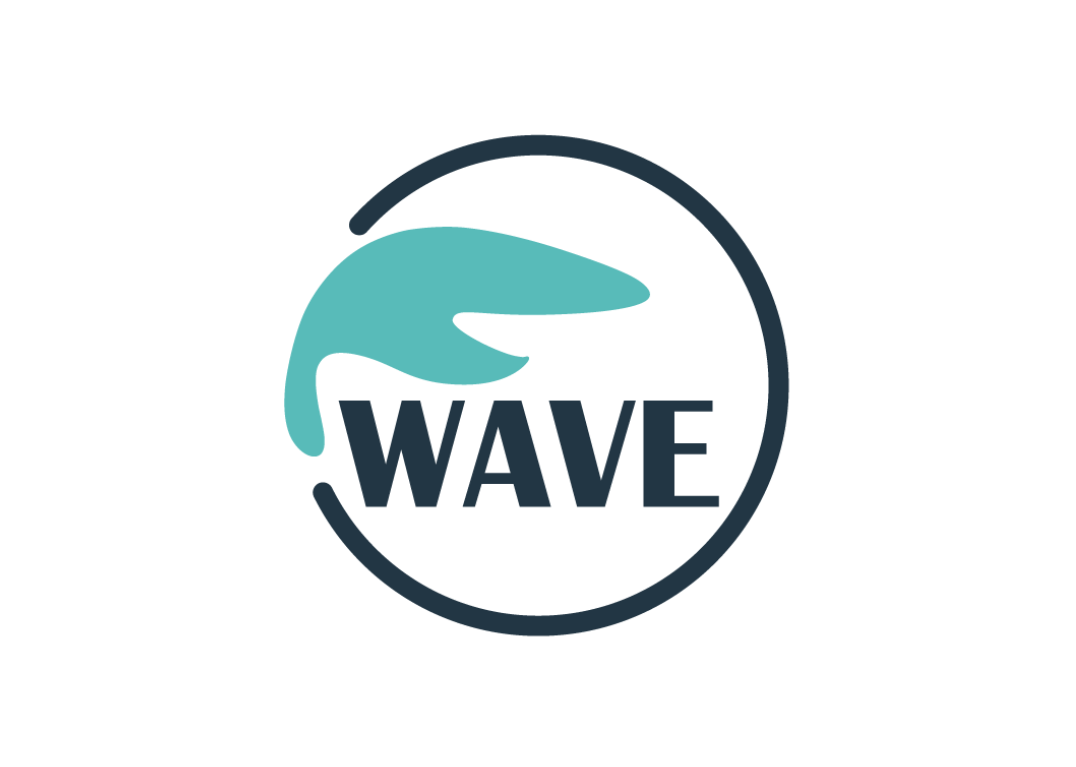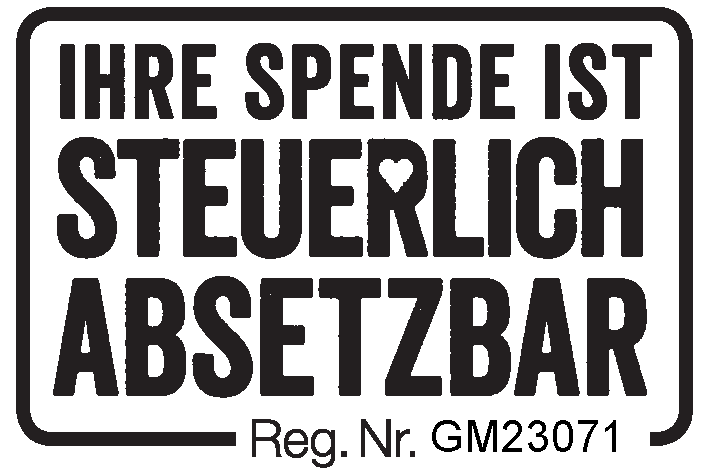The Women Against Violence Europe (WAVE) Network stands united in its condemnation of the severe human rights violations occurring in Nagorno-Karabakh amidst the ongoing Azerbaijani military operation. We call for the immediate protection of all civilian populations, with special emphasis on the welfare of women, children, and other vulnerable groups who bear the heaviest brunt of armed conflicts.
It is crucial to recognize that conflicts disproportionately impact women and girls, subjecting them to gender-specific forms of discrimination and violence. Their unique needs render them exceptionally vulnerable during and after conflicts. Women and girls suffer not only from the immediate effects of warfare but also from its enduring consequences, as they shoulder increased responsibilities with limited resources and capacities. Gender-based violence is undeniably intertwined with armed conflicts, with women and children being subjected to physical, sexual, verbal, and psychological abuse. Tragically, rape and sexual violence against women are often employed as military tactics and weapons of war[1].
Since the blockade of Nagorno-Karabakh by Azerbaijan in December 2022, the ethnic Armenian population in the region has endured severe shortages of food, fuel, electricity, water, and medical supplies, among other necessities, with women and girls facing additional barriers. Access to sexual and reproductive health services has dwindled, and the scarcity of medicine, contraception, and menstrual products has taken a devastating toll on women’s reproductive health[2]. Pregnant women have faced miscarriages, stillbirths, and complications due to malnutrition and inadequate access to medical care[3].
Displacement is another grim reality of war, and it continues to plague the region during this conflict. As of September 27th, an estimated 28,000 to 42,000 people have evacuated the conflict area and sought refuge in Armenia[4]. In 2020, during the re-escalation of the ethno-territorial conflict between Armenia and Azerbaijan over Nagorno-Karabakh, 90,000 residents of Nagorno-Karabakh, predominantly women, children, and the elderly, were displaced, losing their homes and property. This mass displacement grossly violated the rights of thousands of women and girls to education, social security, and sexual and reproductive health[5]. Three years have passed since the 44-day war erupted in 2020, stemming from the longstanding tensions since the 1980s. Yet, the people of Nagorno-Karabakh continue to grapple with uncertainty, instability, and the erosion of their human rights.
It is paramount to respond to the needs of the people of Nagorno-Karabakh, particularly through a gendered lens, to mitigate the exacerbation of the humanitarian crisis and the reinforcement of pre-existing gender inequality. This entails:
- Provision of Gender-Sensitive Humanitarian Support: Recognizing the importance of menstrual hygiene (and hygiene in general) as basic human needs is essential in addressing the issues faced by menstruating girls and women in war zones. These needs must not remain invisible due to patriarchal or non-gender-sensitive humanitarian support.
- Provision of Psychological Support: Acknowledging cultural differences when providing or suggesting psychological support is crucial, as women may not prioritize their psychological well-being within patriarchal systems. Ensuring culturally sensitive psychological support is offered is vital.
- Flexible Funds for Women’s Organizations: Allocate flexible funds to women’s organizations dedicated to humanitarian support.
- Psychological Support for Women Human Rights Defenders and Peace Activists: Implement support mechanisms to prevent burnout and potential mental health challenges faced by women human rights defenders and peace activists due to the crisis.
WAVE acknowledges that this is a long-standing conflict[6], and throughout its duration, the work of women’s specialist services and feminist civil society organizations has been invaluable. We extend our solidarity to our members in Armenia, who, despite the heavy impact of the conflict on their lives, continue to offer vital services to protect, support, and empower women and girls. We emphasize that the integration of gender-sensitive measures and approaches is critical to effectively address the Nagorno-Karabakh humanitarian crisis, ensuring that even the most vulnerable groups, including women and children, receive the support they urgently need.
In solidarity, the WAVE Network
The PDF version of the WAVE statement on the Nagorno-Karabakh humanitarian crisis can be accessed HERE.
[1] WAVE_ToolkitWar_EN_220424_web.pdf (wave-network.org), p.15
[2] https://womenofarmenia.org/2023/08/25/violated-reproductive-rigths-the-effects-of-the-ongoing-humanitarian-crisis-on-womens-reproductive-rights-in-nagorno-karabakh/
[3] https://armenpress.am/eng/news/1116275.html; https://www.opendemocracy.net/en/5050/mothers-nagorno-karabakh-artsakh-armenia-azerbaijan-children/; https://www.civilnet.am/en/news/745150/miscarriages-surge-in-karabakh-amid-widespread-food-shortages/
[4] https://en.armradio.am/2023/09/27/42500-forcibly-displaced-persons-from-nagorno-karabakh-have-arrived-in-armenia/; https://www.msf.org/msf-prepares-respond-people-fleeing-nagorno-karabakh; https://www.hrw.org/news/2023/09/23/azerbaijan-ensure-civilians-rights-nagorno-karabakh
[5] https://wave-network.org/wp-content/uploads/WAVE_ToolkitWar_EN_220424_web.pdf, p.5
[6] https://www.crisisgroup.org/europe-central-asia/caucasus/nagorno-karabakh-conflict/266-averting-new-war-between-armenia-and-azerbaijan












